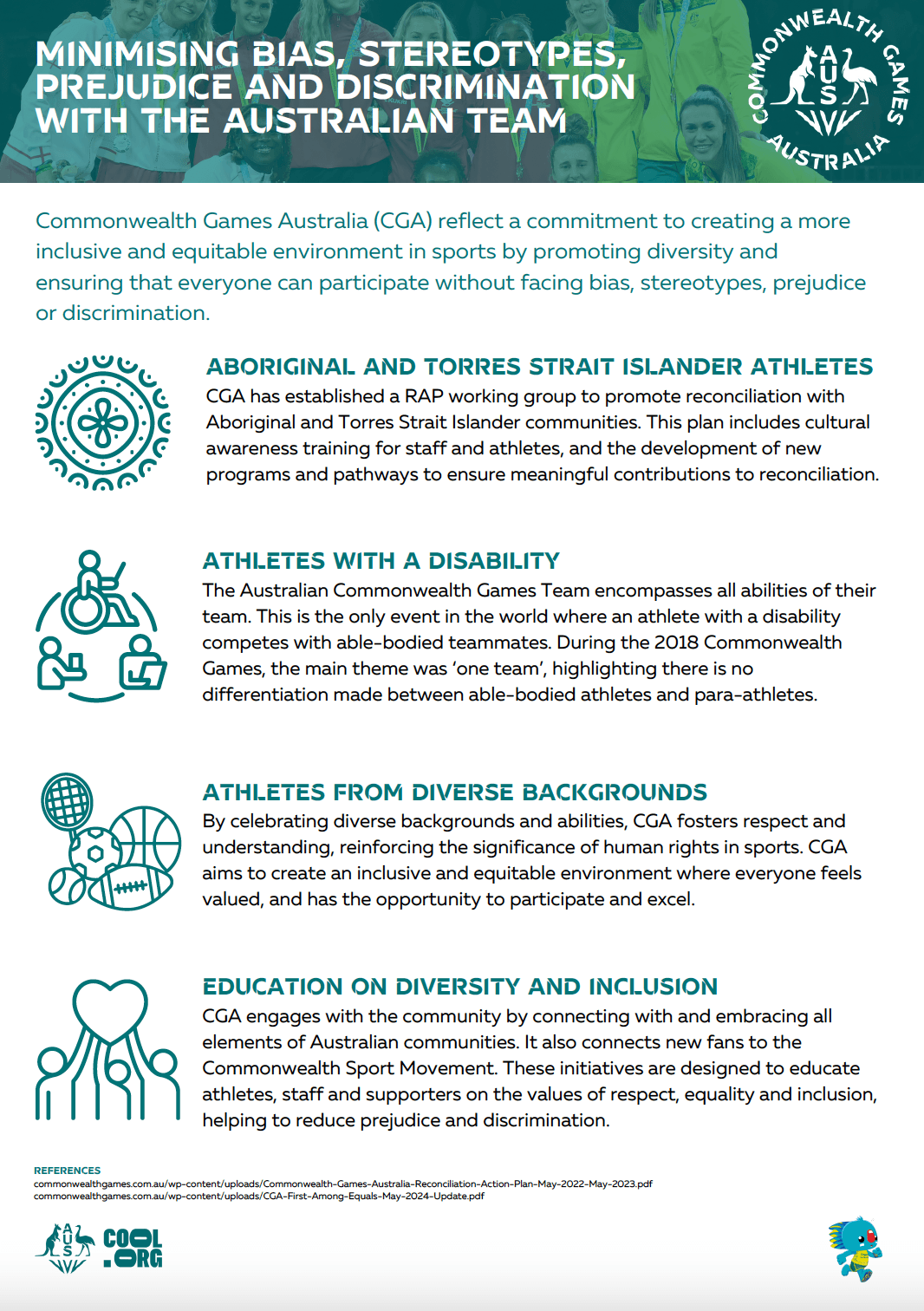Learning intentions
Students will:
- create strategies they can implement to challenge stereotypes, bias, prejudice and discrimination.
Success criteria
Students can:
- identify scenarios of inequality
- propose and implement strategies to build equality.
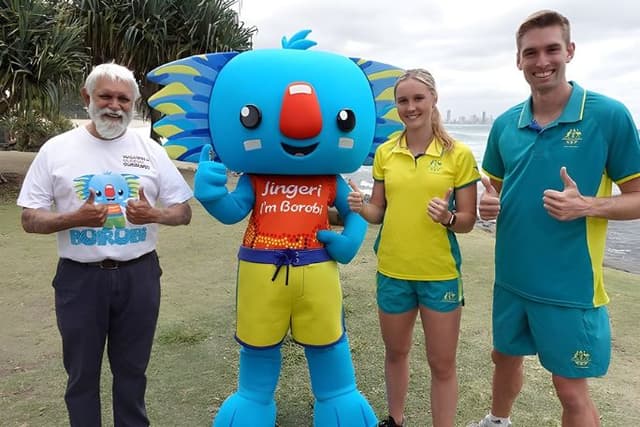
Lesson Plan
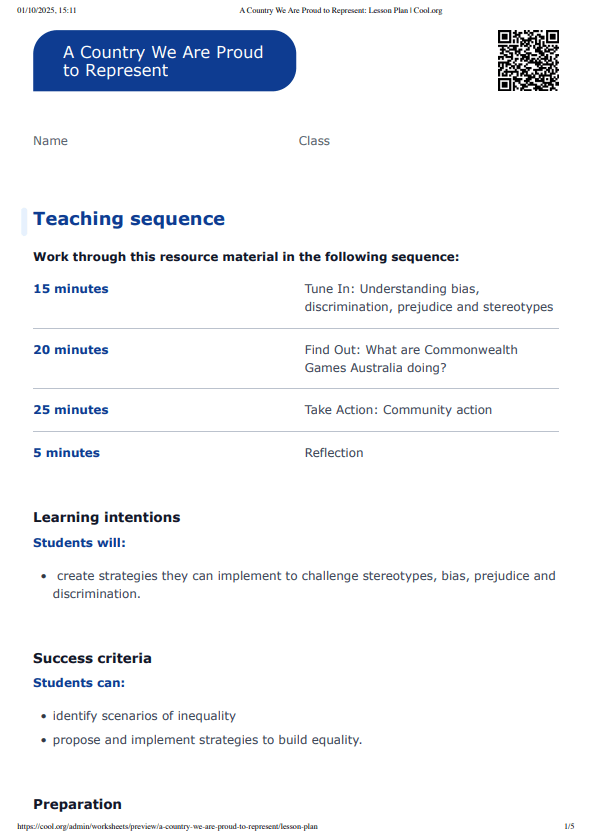
Teacher Content Info
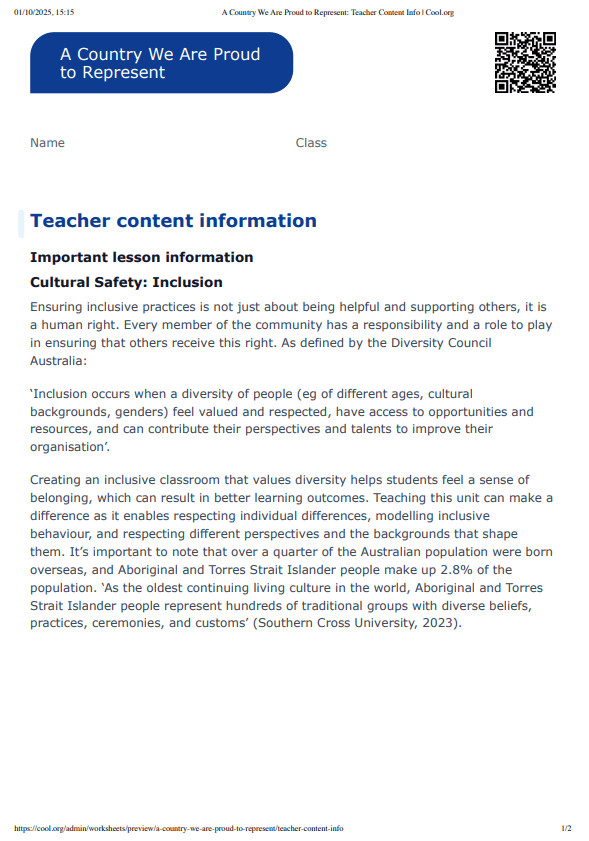
Student Worksheet
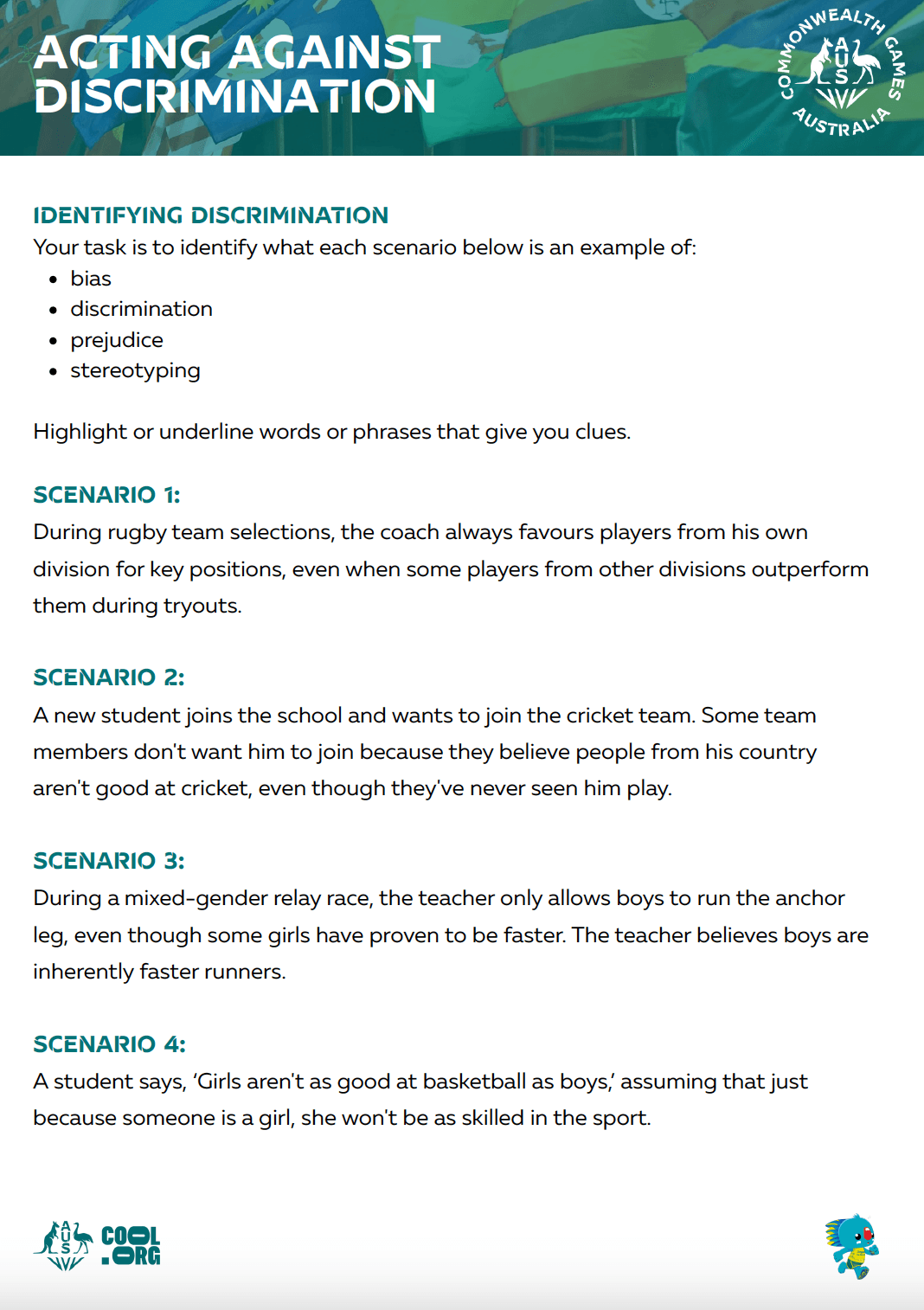
Minimising Bias Factsheet
